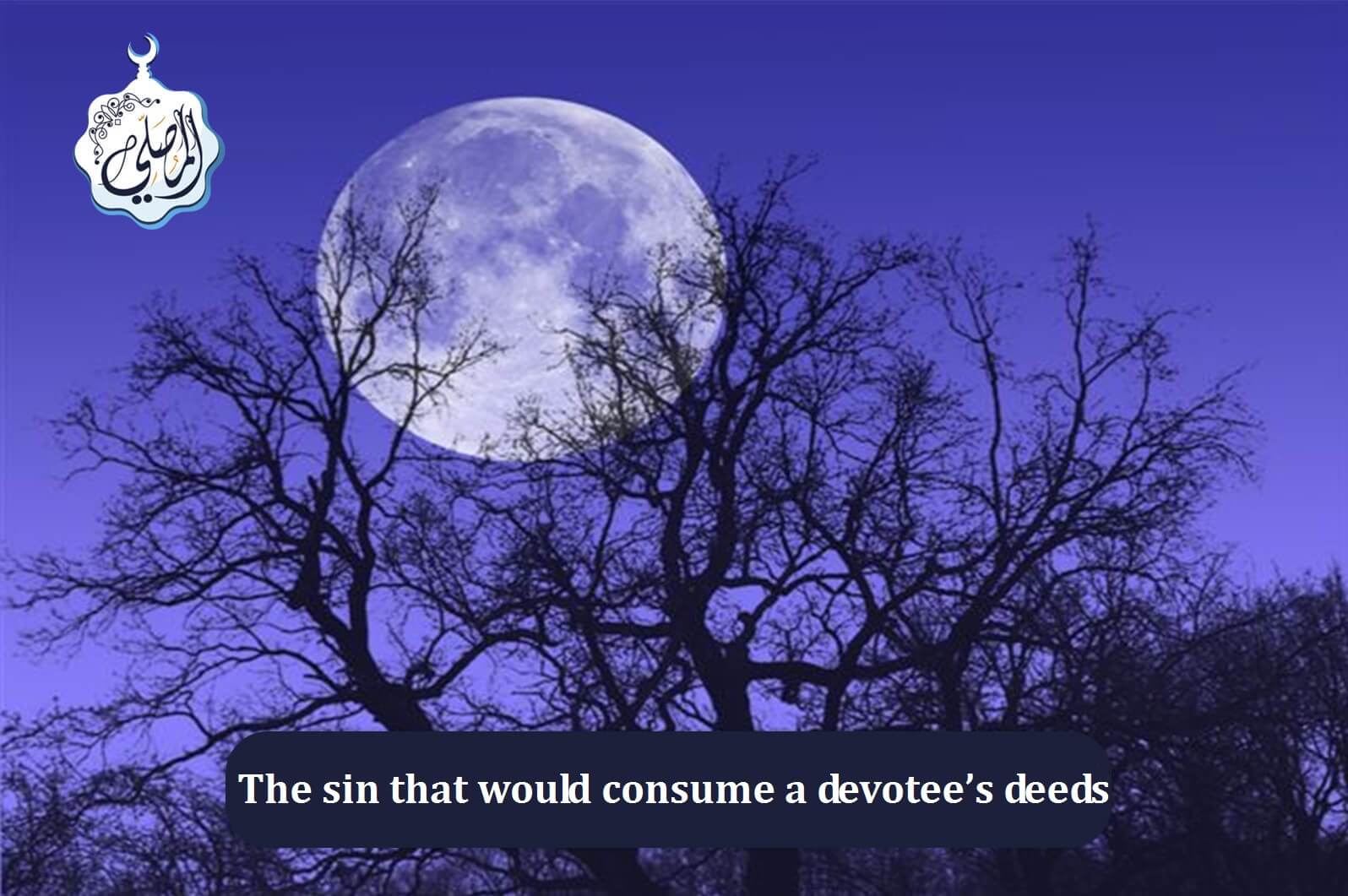
As Ramadan approaches, it's crucial for Muslims to understand what actions can invalidate their fast and what activities are permissible. This comprehensive guide aims to clarify common misconceptions and provide a detailed overview of the rulings related to fasting.
Actions That Nullify the Fast:
-
Eating and Drinking Intentionally: Consuming any food or drink intentionally during fasting hours breaks the fast. This includes both nutritive substances and non-nutritive items like chewing gum. However, if one eats or drinks forgetfully, the fast remains valid according to the hadith: "Whoever forgets he is fasting and eats or drinks, let him complete his fast, for Allah has fed him and given him drink." (Bukhari and Muslim)
-
Sexual Intercourse: Engaging in sexual intercourse during fasting hours nullifies the fast and requires both making up the fast and paying a severe expiation (kaffarah).
-
Intentional Vomiting: Deliberately causing oneself to vomit invalidates the fast. However, if vomiting occurs involuntarily, the fast remains intact.
-
Menstruation and Postnatal Bleeding: The onset of menstruation or postnatal bleeding automatically breaks the fast, and the woman must make up these days later.
-
Intentional Emission of Semen: This includes through masturbation or other means. Nocturnal emissions (wet dreams) do not break the fast.
-
Intravenous Feeding: Receiving nutrition through IV breaks the fast as it provides nourishment.
-
Smoking: Smoking cigarettes, e-cigarettes, or using any form of tobacco breaks the fast.
-
Intentional Swallowing of Substances: This includes deliberately swallowing water while gargling or swimming.
Actions That Do Not Nullify the Fast:
-
Unintentional Eating or Drinking: As mentioned earlier, if one forgets they are fasting and eats or drinks, the fast remains valid.
-
Bathing or Swimming: These activities are permissible as long as water is not swallowed intentionally.
-
Using Miswak or Toothbrush: Cleaning teeth is allowed, but it's advisable to avoid swallowing any toothpaste.
-
Rinsing the Mouth or Nose: This is permissible during ablution (wudu), but excessive rinsing should be avoided to prevent water from reaching the throat.
-
Tasting Food (without swallowing): If necessary, such as for cooking, tasting food without swallowing it is allowed.
-
Inhaling Unintentionally: Unavoidable inhalations like dust, smoke, or incense do not break the fast.
-
Using Perfumes or Applying Makeup: These are permissible as they are not consumed.
-
Taking Injections or Having Blood Drawn: Non-nutritive injections and blood tests do not invalidate the fast.
-
Using Eye or Ear Drops: These are generally considered permissible as they are not a form of eating or drinking.
-
Kissing or Embracing One's Spouse: This is allowed as long as it doesn't lead to ejaculation.
-
Wearing Contact Lenses: Using contact lenses or applying eye drops does not break the fast.
-
Unintentional Nosebleed or Vomiting: These involuntary actions do not invalidate the fast.
Gray Areas and Scholarly Differences:
-
Insulin Injections: Some scholars consider this as breaking the fast, while others allow it for diabetics who need it to survive.
-
Asthma Inhalers: Opinions vary, with some scholars allowing it for severe cases and others advising to use it only when absolutely necessary.
-
Dental Procedures: Minor procedures that don't involve swallowing any substances are generally allowed, but major treatments are best postponed.
-
Donating Blood: Some scholars consider this as breaking the fast due to weakness it may cause, while others allow it if it doesn't lead to severe weakness.
Understanding what nullifies the fast is crucial for observing Ramadan correctly. While the general principles are clear, some situations may require careful consideration or consultation with a knowledgeable Islamic scholar. Muslims should strive to maintain the integrity of their fast while remembering that Islam emphasizes ease and not hardship. When in doubt, it's always best to err on the side of caution to preserve the sanctity of this blessed month. By being mindful of these guidelines, believers can focus on the spiritual aspects of Ramadan, enhancing their devotion and strengthening their relationship with Allah.










 share facebook
share facebook share whatsApp
share whatsApp share twitter
share twitter share telegram
share telegram copy
copy







